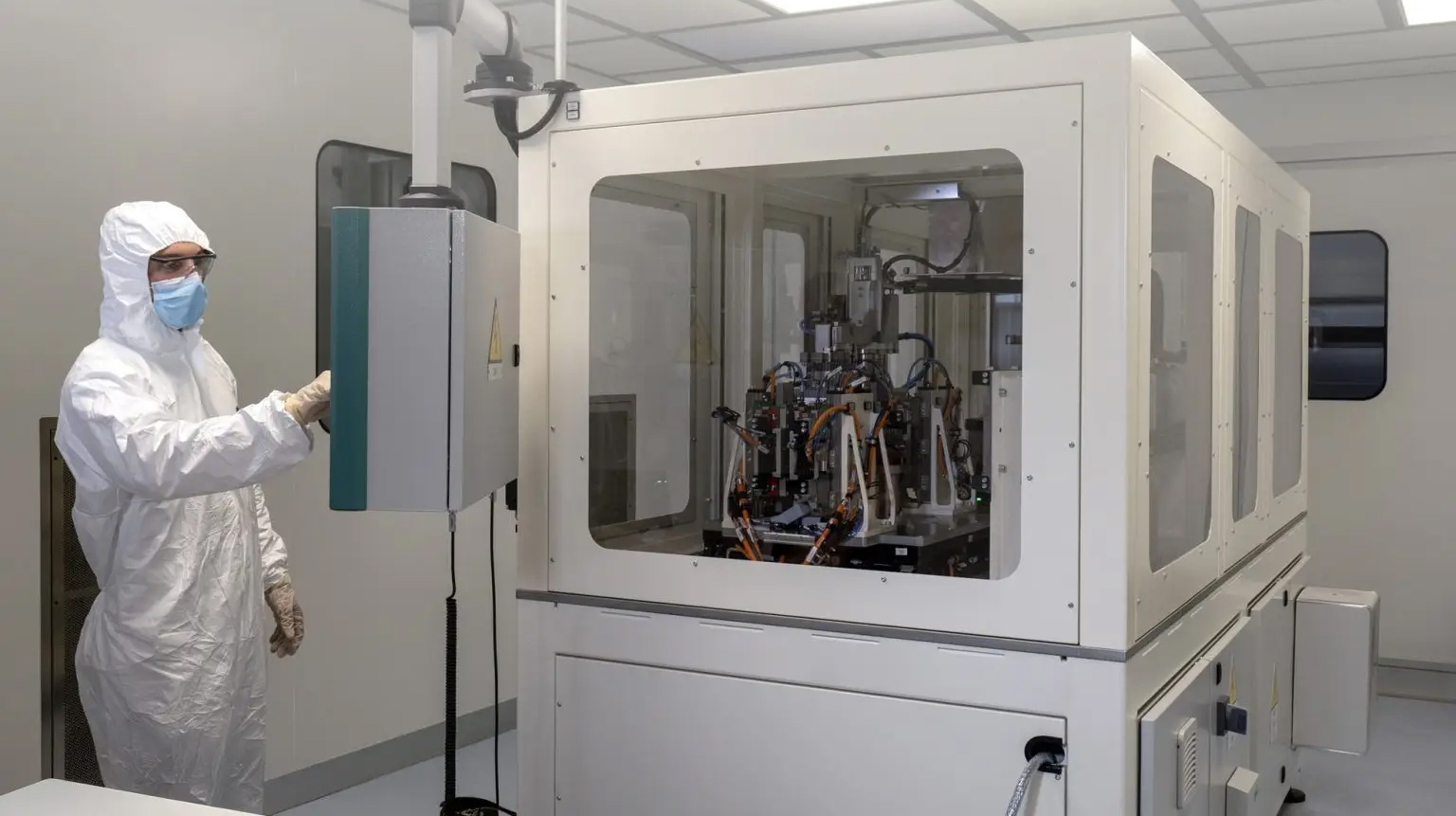
In the service of the environment: Comau joins the SPRINT project to support the development of sodium-ion batteries for stationary applications.
Comau is participating in the SPRINT project to develop a scalable manufacturing solution for quasi-solid-state sodium-ion batteries. The SPRINT project, funded under the Horizon Europe programme, aims to revolutionize stationary energy storage by developing cost-effective and sustainable sodium-ion batteries.
The consortium will also work together to develop a safe next-generation battery for various stationary applications – first for home energy storage and then for large-scale, grid-connected energy storage systems. This represents an important step towards accelerating the energy transition in Europe, paving the way for greater safety and sustainability while reducing the cost of locally generated energy storage.
As part of the 46-month project, Comau has been commissioned to carry out a comprehensive process flow and feasibility study for the upscaling of the aforementioned technology. To this end, the team will analyze aspects of process optimization, equipment requirements and the environmental conditions required for mass production. Comau will then develop a technology plan to integrate the cell technology developed in the SPRINT project into existing battery production lines. This plan will also include a clear definition of the necessary new or adapted equipment developments required for the commercial production of the battery cells.
The selected technology, based on NaFePO4 (sodium iron phosphate) and hard carbon materials and quasi-solid polymer electrolytes, will be validated to achieve the goal of bringing safe, non-toxic, high-performance battery cells to the market that can be mass-produced and customized to the needs of end users. The consortium is aiming for significant cost reductions per kilowatt hour, higher energy densities, extended battery life and improved safety through the innovative, leak-proof and non-flammable design. The sodium-ion batteries will use readily available materials from EU supply chains, with the aim of further strengthening the autonomy of electrification in the region.
“Comau’s commitment to the energy transition, combined with our expertise in engineering and process optimization, fits perfectly with the program’s goals of advancing high-performance, stationary sodium-based storage solutions,” explains Daniela Fontana, Battery Innovation Manager at Comau. “We have the know-how and technologies to help achieve the project goals – namely to reduce costs, improve energy density and performance parameters, extend battery life and increase safety – and to pave the way for the widespread introduction of this promising new technology.”
Comau’s role in promoting the green energy transition is also being strengthened at European level through important partnerships for the development and expansion of the European battery industry. These include participation in the European Battery Alliance (EBA), the Batteries European Partnership Association (BEPA) – of which Gian Carlo Tronzano is a board member – the Upcell – European Battery Manufacturing Alliance and the Ensemble consortium. Gian Carlo Tronzano is also active in the European Technology & Innovation Platform (ETIP) for batteries.
This project has received funding from the European Union’s Horizon Europe research and innovation program under grant agreement no. 101191903.
Web:
www.comau.com

